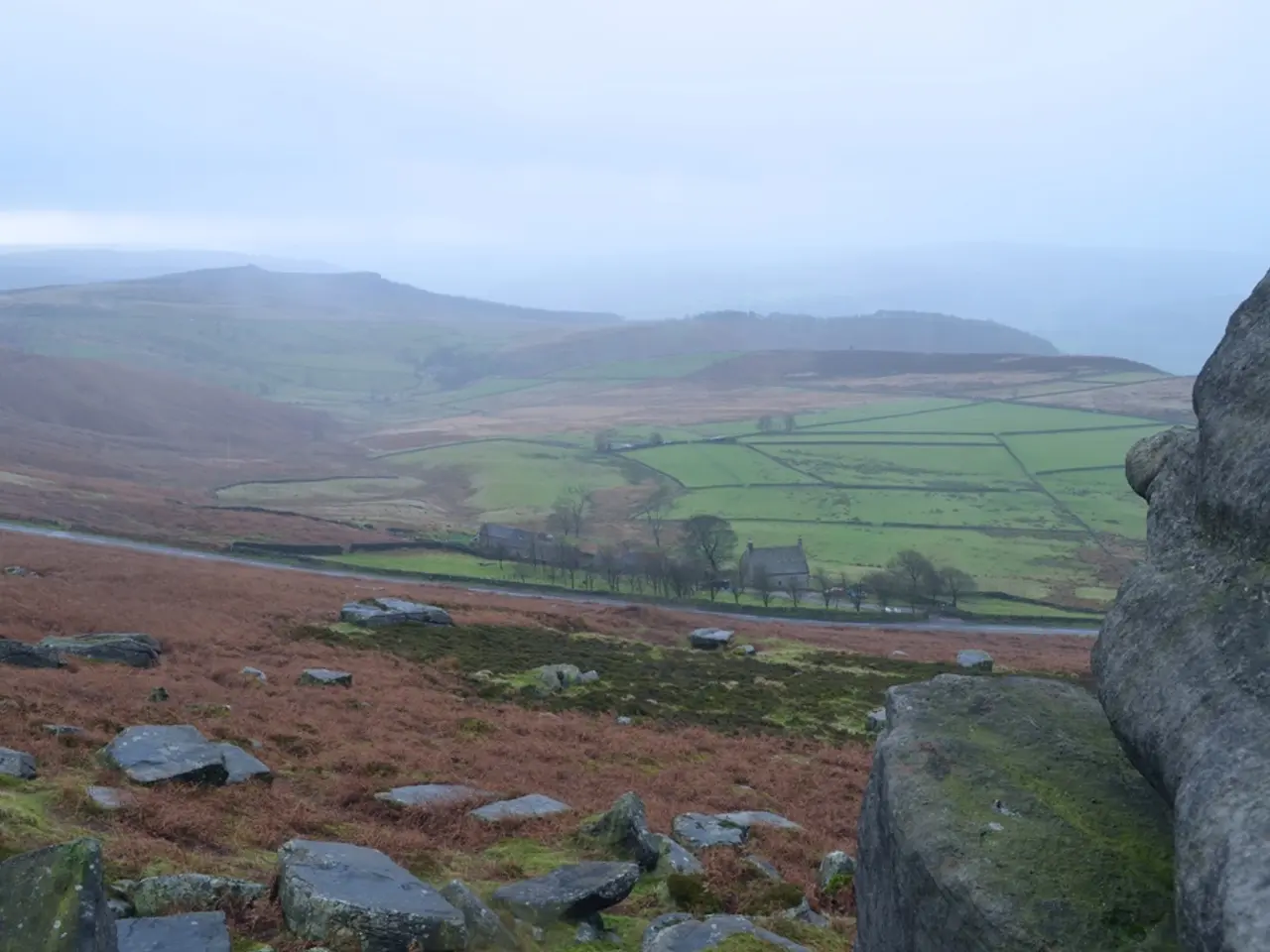Is a Post-Pandemic Vacation in Hawaii Still Justified as a Pricey Vacation Destination?
Regenerative Tourism Shapes a More Sustainable and Authentic Hawaii
In 2025, Hawaii is transforming its visitor experience with a focus on regenerative tourism. This approach, deeply rooted in the Hawaiian principle of "Malama Hawaiʻi" or caring for the land, sea, and community, is reshaping the island state away from mass tourism towards a more sustainable and culturally rich experience.
The regenerative tourism movement in Hawaii offers unique experiences for visitors, such as collaborative conservation programs and educational tours in partnership with institutions like the Waikiki Aquarium. Beach cleanups, marine conservation activities, and behind-the-scenes tours are aimed at fostering awareness and direct involvement in protecting Hawaii’s natural environment.
Regenerative farming and agroforestry tours, like the Farm and Food Experience in Kilauea (Kauai) and the Regenerative Mango and Tropical Fruit Tour in West Maui, are also popular. These immersive educational opportunities provide insights into sustainable agriculture practices, food forests, permaculture, and growing tropical fruits without chemical fertilizers or pesticides. Visitors learn about traditional uses of plants, local ecosystems, and the vision for a sustainable Hawaii.
Agritourism is a growing sector in Hawaii, with events like the FEAST Summit showcasing how tourism can be rooted in place through food and farming. These events connect guests intimately with Hawaii’s land and culture, elevating their experience beyond typical leisure travel.
As Hawaii moves away from the pre-pandemic crowds and mass-market approach, it encourages travelers to engage in more responsible, mindful visits that contribute positively to local communities and ecosystems. This shift towards regenerative tourism means that many popular sites now require timed reservations to preserve fragile ecosystems and reduce crowds.
However, this shift towards sustainability comes at a cost. Hawaii in 2025 is more expensive for flights, hotels, rental cars, and excursions compared to before COVID. Supporting local businesses is encouraged in the new Hawaii, providing an opportunity for visitors to contribute to the local economy while experiencing authentic Hawaiian culture.
Taro farm tours are popular for cultural immersion, offering visitors a chance to learn about the significance of this staple crop in Hawaiian culture and traditional farming practices. Anthony Bourdain's footsteps are being followed for an authentic culinary experience in Hawaii, with a growing emphasis on locally sourced, sustainable ingredients.
While a full tourism rebound in Hawaii is not expected until 2027, the new Hawaii requires more planning for travelers. With its focus on sustainability, cultural education, and direct community involvement, Hawaii in 2025 offers a more meaningful and fulfilling travel experience compared to a carefree, crowded, and budget-friendly trip. Visitors are actively seeking out community-based experiences, making Hawaii a destination that invites connection rather than just consumption.
In the transformed Hawaii of 2025, travelers can enhance their experiences by partaking in community-based activities such as food-and-drink tours showcasing locally sourced, sustainable ingredients, reminiscent of Anthony Bourdain's explorations. travel hacks for a mindful visit may include supporting home-and-garden initiatives like taro farm tours to learn about traditional farming practices and the significance of taro in Hawaiian culture.




